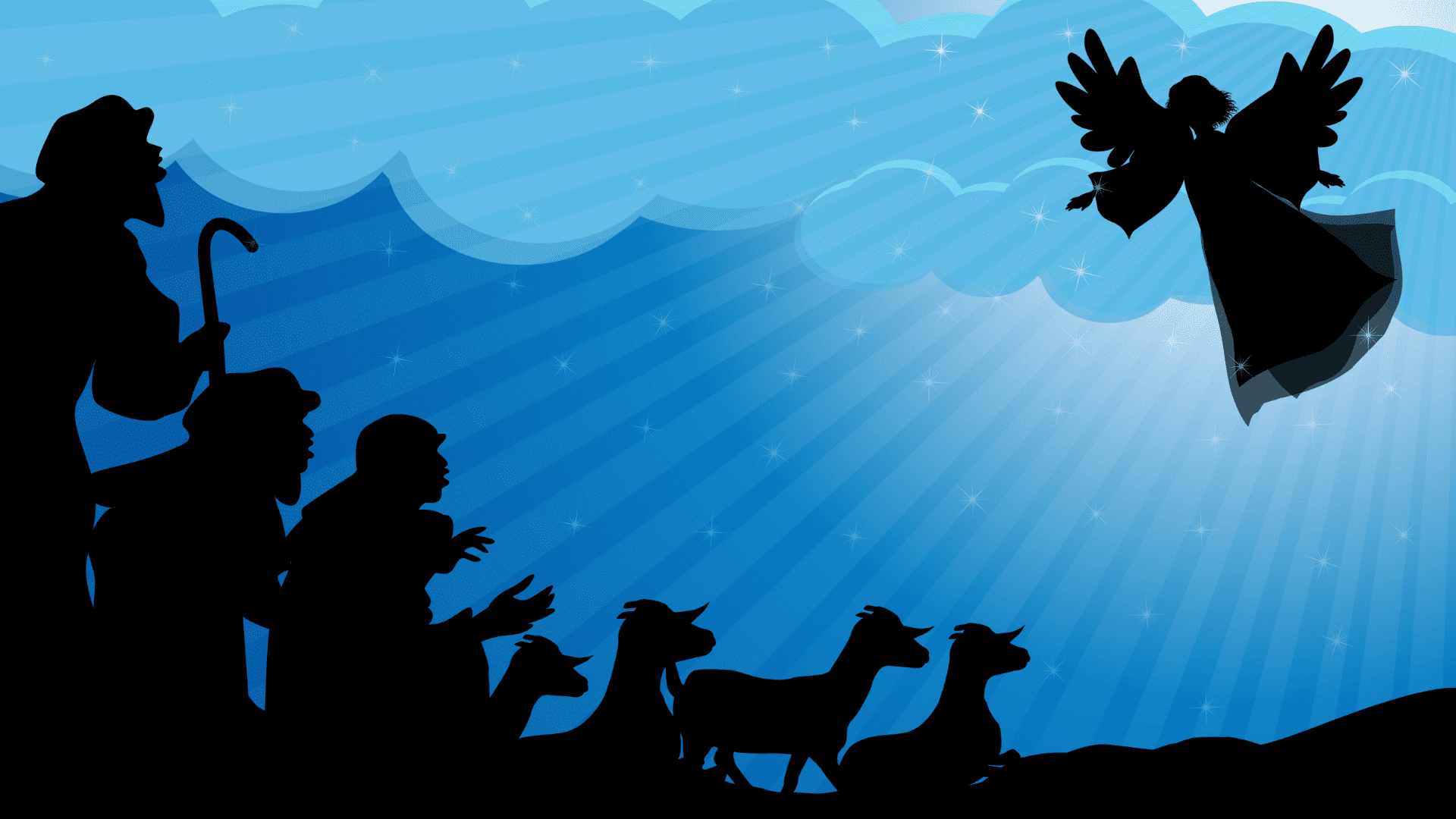Kingdom Values (Luke 6:12-26)

I’m going to put up two groups of people. If you could choose to join either of these groups, which group would you pick?
GROUP A
- Poor
- Hungry
- Tearful
- Hated
- Excluded
- Insulted
- Rejected
GROUP B
- Rich
- Well-fed
- Happy
- Popular
- Included
- Praised
- Accepted
So which group would you pick?
I don’t think anyone in their right mind would want to pick the first group. The reason is obvious. These are not exactly coveted traits. When our children end up in this category we get concerned. The reason I know that none of us would choose this category is because none of us have chosen it.
If anything, we fall squarely in group B, and we aspire to become even more like the descriptors in group B. When we get a raise, we don’t turn it down because we would rather be poor. We accept it and look for even more. When we’re well fed, we don’t see it as a problem until we’re too fed. And nobody would complain about being appreciated and praised by others.
Everything in our society is about becoming more like group B. There’s even an exotic car dealership just south of here where you can rent an exotic car to play the part of being an elite member of group B for a weekend. You can’t afford the car, but you can play the part and make people think you’re rich.
In fact, i can’t think of any reason why I would want to be in group A. Group A just stinks. If anybody said they wanted to be in this group, I would really wonder about what they were thinking. It makes no sense at all.
We’re not any different from anybody else. I don’t think there’s anybody in any society that wishes to be in group A. And those who are in group A would gladly move to group B.
It’s a little bit disconcerting, therefore, that Jesus messes with our minds. If you’ve read the Bible, you know that there are times when Jesus turns our worlds upside down and says the exact opposite of what we would expect him to say. You may not be surprised that Jesus messes with our minds as we look at these two groups.
Let me give you a bit of background. Jesus has just marked a pivotal moment in his ministry. He’s looked around at all the people following him, and out of everyone, he’s selected a group of twelve to be his apostles. These are his inner circles. They have been chosen to learn from him, to live like him, and to eventually become just like him.
There’s a bit of a subtext here. Jesus called twelve apostles. Right away, that’s a clue. Twelve apostles, twelve tribes of Israel. Jesus is picking an Israel team. He’s mirroring the founding of Israel in the ancient Scriptures. This group that he picks is going to be a starting point for a new Israel that Jesus is forming.
There’s a second detail we’re supposed to catch as we come to this account. Jesus begins by giving three or four things to remember. These three or four things come in the form of blessings and woes, four promises and four warnings. This also echoes back to the ancient Scriptures when God founded the nation of Israel. Deuteronomy 11:26-28 says:
See, I am setting before you today a blessing and a curse— the blessing if you obey the commands of the Lord your God that I am giving you today; the curse if you disobey the commands of the Lord your God and turn from the way that I command you today by following other gods, which you have not known.
So it’s clear: Jesus is starting something new here. This is the start of a new thing, a new nation or movement, and Jesus is giving us the charter message. He’s about to tell us what it’s all about.
What he says, though, seems completely upside down. Let’s turn together to the passage. It’s found in Luke 6:12-26.
In verses 17 to 19, Jesus heals a large crowd of people from all over the place, including places that were outside normal Jewish territory. Then he turns away from the crowd and addresses his disciples directly. This isn’t delivered to the crowds; it’s given to the apostles that he’s just chosen. It’s a teachable moment to tell them what he’s all about.
And here’s what he says, in verses 20 to 26. If you belong to group A, you are blessed. Poor, hungry, sad, hated – you’re living the good life. If you belong to group B, you’re in trouble. Got money and food? Happy? Laughing? Popular? You’re in trouble.
I don’t want you to miss what this means. Think about how much trouble we’re in here. Jesus would look at this crowd and pronounce a woe on all of us because we’re more like group B than group A. Either we’ve got his message wrong or we’re all in deep trouble. Which is it? How can we make sense of what Jesus said?
I’m not alone in asking this question. Once a preacher finished teaching on this passage. A mother came up and told the speaker that this passage, containing the beatitudes, is why her son decided not to become a Christian. He just couldn’t accept that he would have to become poor and unpopular and weak if you wanted to follow Jesus. Does following Jesus mean that we all have to become losers?
I wrestled with this a lot during high school. Does it mean you have to become a complete loser to be a Christian? If kids aren’t picking on you, does it mean you’re going about it all wrong? At work, if they don’t hate you for being a Christian, does it mean you’re not being bold enough?
Not a Lesson on How to Be Blessed
Let me tip my hand on this one. I don’t believe this passage is a how-to lesson on how to be blessed. I don’t think that the answer is to walk out of here with plans on how to become poor and unpopular and hungry and sad. Yet it’s pretty easy to interpret the passage that way. Jesus says, these people are happy and these people are not. So you could easily include that the point of the passage is, “You should become like group A.”
The main problem with thinking that this is a how-to lesson is that it makes the condition of being poor, hungry, grief-stricken, and hurt. That makes it there is some virtue in these conditions. It’s almost like we become these things in order to get God’s blessing.
But I think this is missing the point. These are not a set of instructions. It doesn’t say, “Become poor, become sad, become hungry and become hated.” So if you think you have to become these things in order to become a Christian, then you’re misunderstanding this passage.
The Real Issue: Who Can Be Blessed?
Let me tell you what I think the real issue is in this passage. It’s not how to be blessed, so what is it?
You get a bit of a clue from reading what happened right before he gave these blessings:
He went down with them and stood on a level place. A large crowd of his disciples was there and a great number of people from all over Judea, from Jerusalem, and from the coastal region around Tyre and Sidon, who had come to hear him and to be healed of their diseases. Those troubled by evil spirits were cured, and the people all tried to touch him, because power was coming from him and healing them all. (Luke 6:17-19)
Here’s the real question I think Jesus was answering. It’s not how to be blessed. It’s who can be blessed? Jesus was skilled at using situations and people around him as ways to teach his followers what was going on. In this case, Jesus looks around him and uses the crowd as an example of who can be blessed in the new kingdom that he’s initiating.
In other words, the kingdom, the new movement and nation that Jesus is starting, is available to everyone, including the have-nots, the poor, those who’ve never had a break in life. Those who, from a human point of view, are most hopeless, who are beyond the possibility of God’s interest or blessing – they enjoy God’s touch and abundant provision.
This goes against everything that we normally believe. It’s completely upside-down – or, maybe Jesus would say it’s right-size-up and the way we live is upside-down. Here’s some of what it might mean as we think about our lives.
Who’s On Your List of the Blessed?
You know who’s normally on my list of the blessed. In Toronto Life this month, they have an article on people who earn six-figure incomes and are still broke. They may be broke, but what a way to live. I read about $25,000 annual vacations, twice-a-week trips to the finest restaurants in Toronto. They spend more on clothes than I make in a year. They have the cars and everything you could ask for. According to Jesus, though, they aren’t blessed.
It’s not those who have a lot of things who are truly blessed. When Jesus gave the other side of his woes, he mentioned that there are a whole host of people who have riches and food who aren’t blessed. Some are, to be sure. But you can’t judge from external appearances. To many of those who have a lot, they’ve received all that they’re going to get.
If you want to see who is blessed, Jesus says, you may want to drive past Rosedale and head to the poorer part of town. Go to the people who seem most hopeless, the lost causes, and go with confidence to them knowing that Jesus says that they can now enter into a blessed life with God. This is for them.
Once again, it’s not the poverty or hunger or sadness that makes them blessed. It’s in spite of these things. It’s not the rich who are blessed – they aren’t successful in spite of all of these things. The only real measure of success, Jesus says, is that you’re part of my kingdom.
Evaluating My Script
Earlier this year I sat down with a guy who was a financial advisor in downtown Toronto. He lived in Oakville and was already making tons of money. He wore Armani suits and had the nice house, the savings, everything that you would expect. And he walked away from it all.
I sat down with him at Jack Astor’s on the Queensway and said, “How did you ever get from there to where you are today?” After a dozen years working on Bay Street, they packed it up and Mike began working at World Vision for significantly less money. Later on, they quit even that and chose to work for even less by starting a ministry dedicated to serving suffering women around the world.
I sat across from him and asked how in the world he ever made that move. A lot of people who know him don’t understand. It doesn’t really fit the way that we’re used to living.
Mike sketched for me what he called two scripts. He said – and I think he’s right – that everybody lives according to a script. We’re scripted by TV commercials, movies, newspapers, by everything around us, that the way to be blessed is to earn more, to make a name for yourself, establish yourself, to have more.
Mike was living that script, and living it very well. But as he grew in his relationship with Jesus, he realized that it was the wrong script. There is another script, given by Jesus, in which it’s not by accumulating more that you’re blessed. It’s by serving, by giving it away, by taking risks and living for others that we find success. In Jesus’ script, many who look blessed are actually unsuccessful, and many who look like they’ve missed the blessing are blessed beyond belief.
The problem between the world’s script and God’s script is that they’re not compatible. If you live by the world’s script, God’s script doesn’t make sense. If you live by God’s script, the world’s script doesn’t make sense. Jesus said, you can’t serve two masters. You have to choose. You will either serve the world’s script – mammon – or you will serve God.
As Jesus assembles his team and kicks off his new kingdom, he pulls aside his apostles and says, “I want to show you what’s really important. I want to show you who can really be blessed. It’s not the people you think. Don’t ever make the mistake of thinking that this stuff – having stuff and happiness – don’t ever think that is as important as having me. The poorest person who is part of my kingdom is more blessed than the richest and happiest person who isn’t part of my kingdom.”
So What?
Don’t forget what I said. You don’t have to go from group B to group A to be blessed. It’s not by becoming poor and hungry and sad that you get blessed. It’s by entering the kingdom that you receive true blessing and true success. Jesus says, the kingdom is available to everyone starting today. And entering the kingdom, and living by its values – that is true success.





